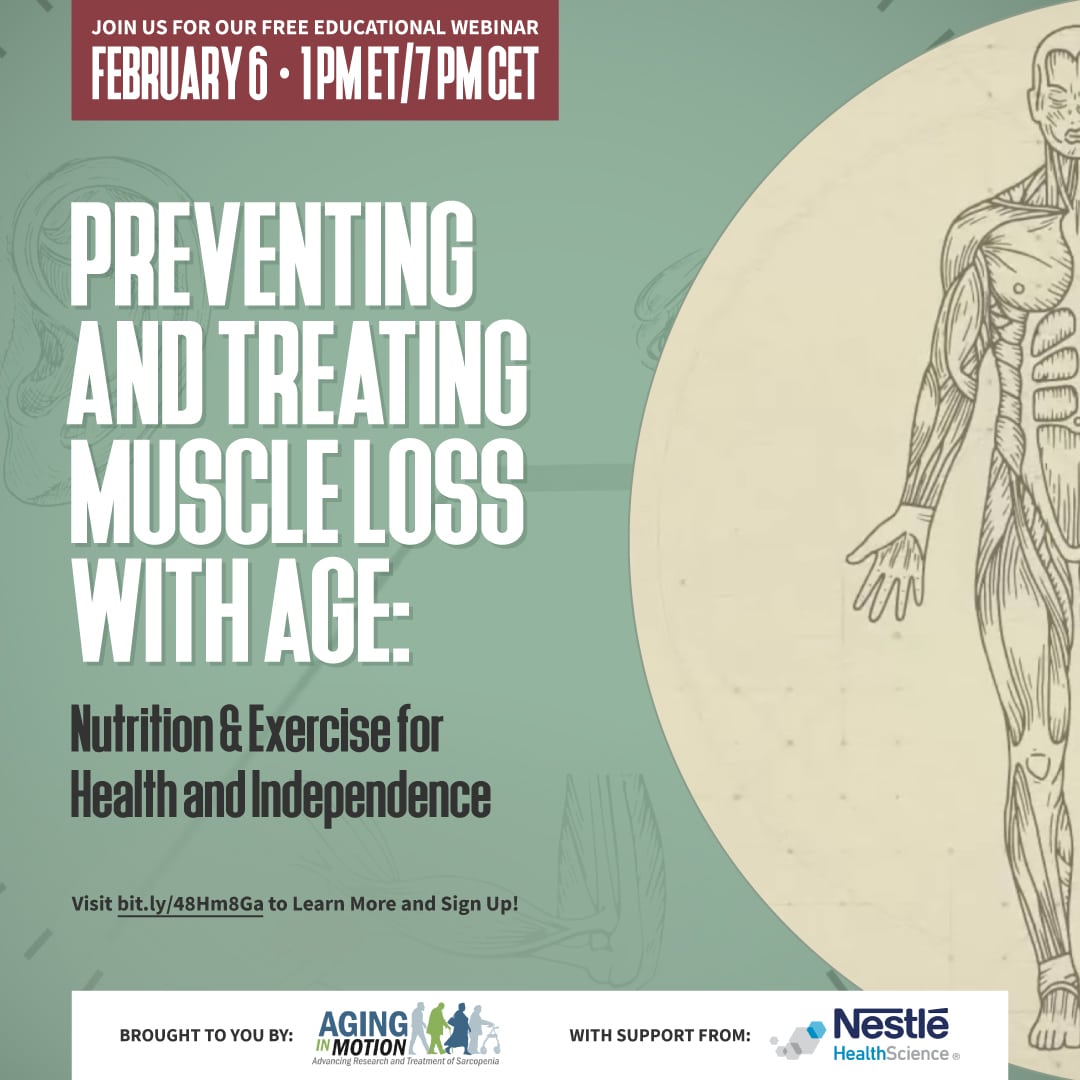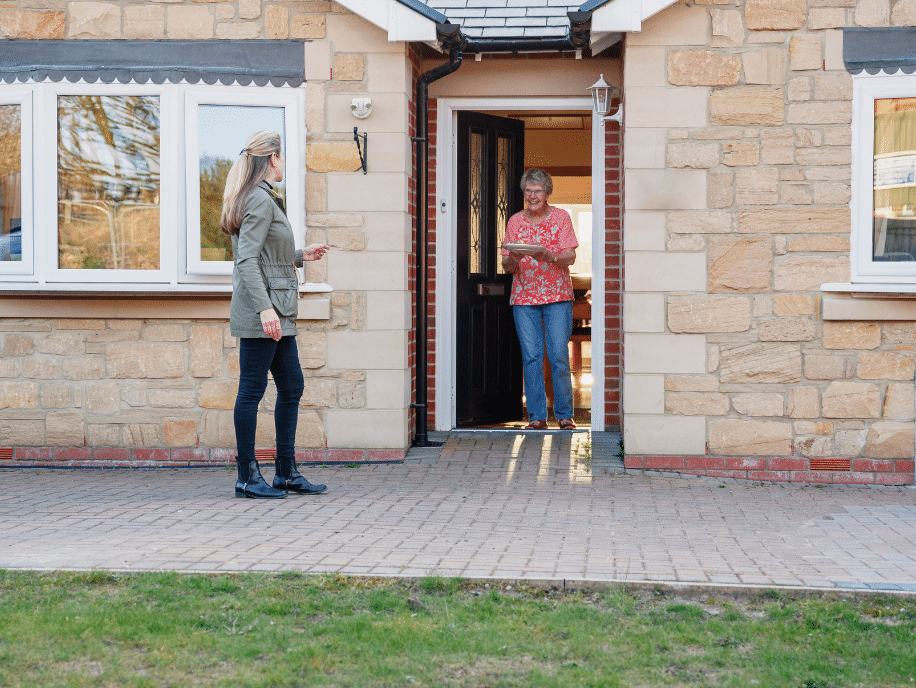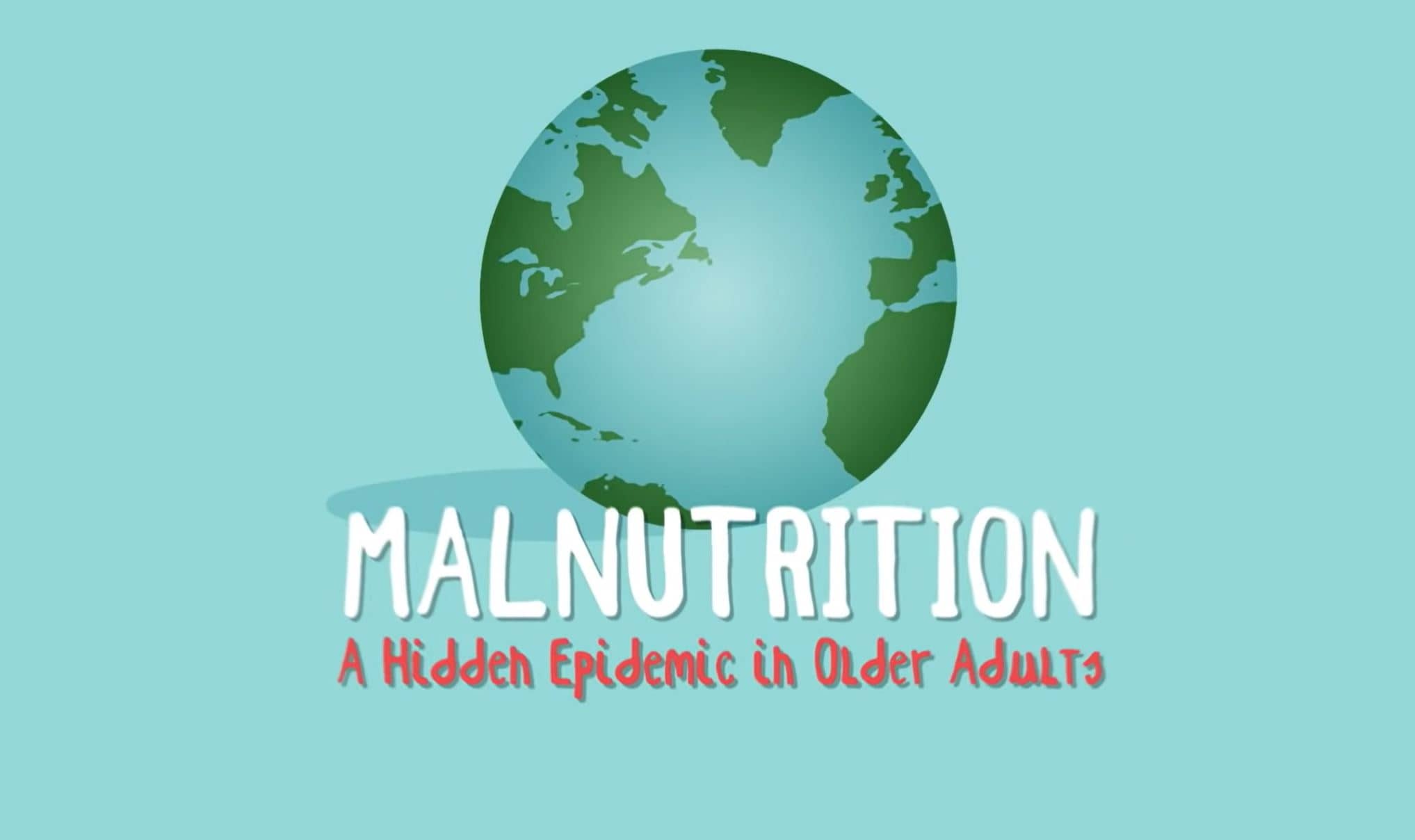
Malnutrition can happen to anyone, but older adults are particularly at risk. Meredith Ponder Whitmire, Policy Director of Defeat Malnutrition Today, explains how the COVID-19 pandemic has increased the risk of malnutrition among older adults.
Why are older adults at a higher risk of malnutrition?
Older adults are at higher risk for malnutrition due to quite a few factors. As we age, we have different nutrient requirements than the general population, and so older adults may not know that they should, for example, be getting more lean protein in their diets than they used to. Other associated physical changes due to aging, such as loss of appetite, more limited ability to chew or swallow, and use of multiple medications can impact diet and nutrition. In addition, cognitive and functional decline, which are more typical in older adults, which may lead to social isolation or depression, may also pose risks for developing malnutrition.
How has the COVID-19 pandemic increased the risk of malnutrition among older adults?
There is a link. On the health front, older adults naturally experience a gradual deterioration of their immune system with age and many have underlying chronic conditions, making it harder for them to fight off diseases and infection. Older adult malnutrition further compounds these problems because poor nutrition is associated with decreased immune health. For older adults who are newly homebound, they may not have resources to acquire food – grocery delivery, for example, is available in many areas, but it typically requires a smartphone app or the internet to use. Many older adults don’t have access to or comfort with these technologies, particularly our “oldest old.”
What resources are available to help older adults facing malnutrition?
It depends on the cause. If the root cause of malnutrition is food insecurity, then there are numerous federal, state, and local programs that can help provide food and resources, including Meals on Wheels, senior centers (many of which are now providing “grab and go” meals), SNAP (the Supplemental Nutrition Assistance Program, formerly known as food stamps), the Commodity Supplemental Food Program, the Child and Adult Care Food Program, and local programs like food banks and community kitchens. If the cause is a physical or cognitive issue prohibiting food acquisition and preparation, services like Meals on Wheels and meals at senior centers are very helpful. If the root cause is a lack of knowledge or some other problem, they should consult a registered dietitian for advice. Primary care providers can refer older adults to a dietitian in their community.
What can members of the community do to help ensure older adults are staying healthy and have access to the nutrition they need, especially during the COVID-19 pandemic?
We always advise that community members check in regularly on their older neighbors, friends, and family to make sure they are getting the nutrition they need. Social isolation is a huge risk factor for malnutrition. If you are wondering what you can do to help older adults in your community in general, volunteering with or donating to food banks, Meals on Wheels programs, and other programs providing nutrition is a great way to give back. And spreading the word about malnutrition risks and resources to combat malnutrition is always helpful.
Defeat Malnutrition Today recently released the National Blueprint: Achieving Quality Malnutrition Care for Older Adults, 2020 Update. What are some of the key recommendations highlighted in this blueprint?
Some of the key recommendations include:
- First and foremost, stakeholders working together to solve this problem, particularly policymakers, healthcare professionals, aging organizations, and older adults themselves
- Establishing local, state, and national goals for quality malnutrition care
- Training healthcare providers, social services, and administrators on quality malnutrition care
- Educating older adults and caregivers on malnutrition impact, prevention, treatment, and available resources
- Educating and raising visibility with national, state, and local policymakers
The Alliance for Aging Research is working to help older adults during the COVID-19 crisis. Click here for resources to help you stay informed and ways for you to get involved.






